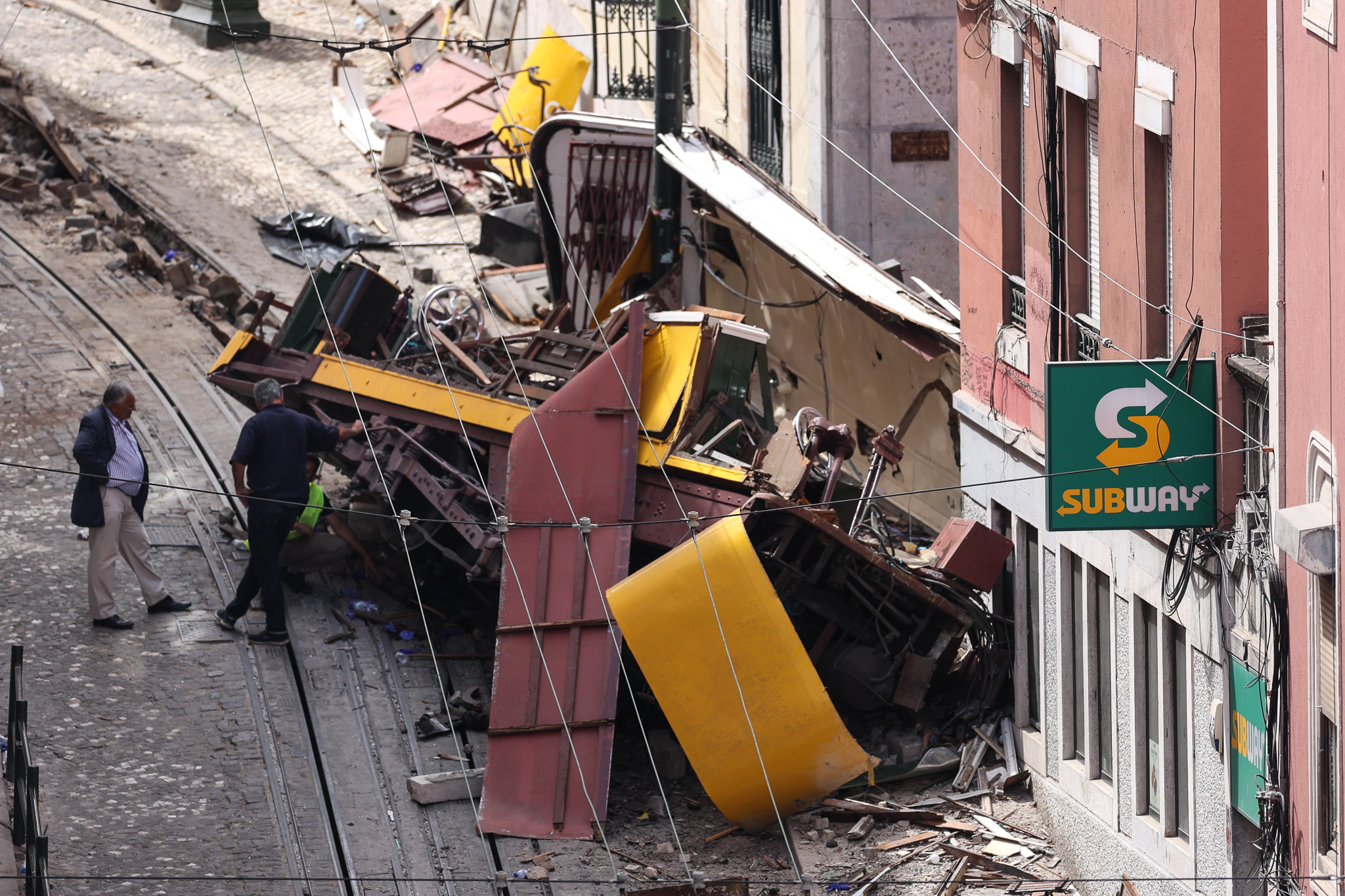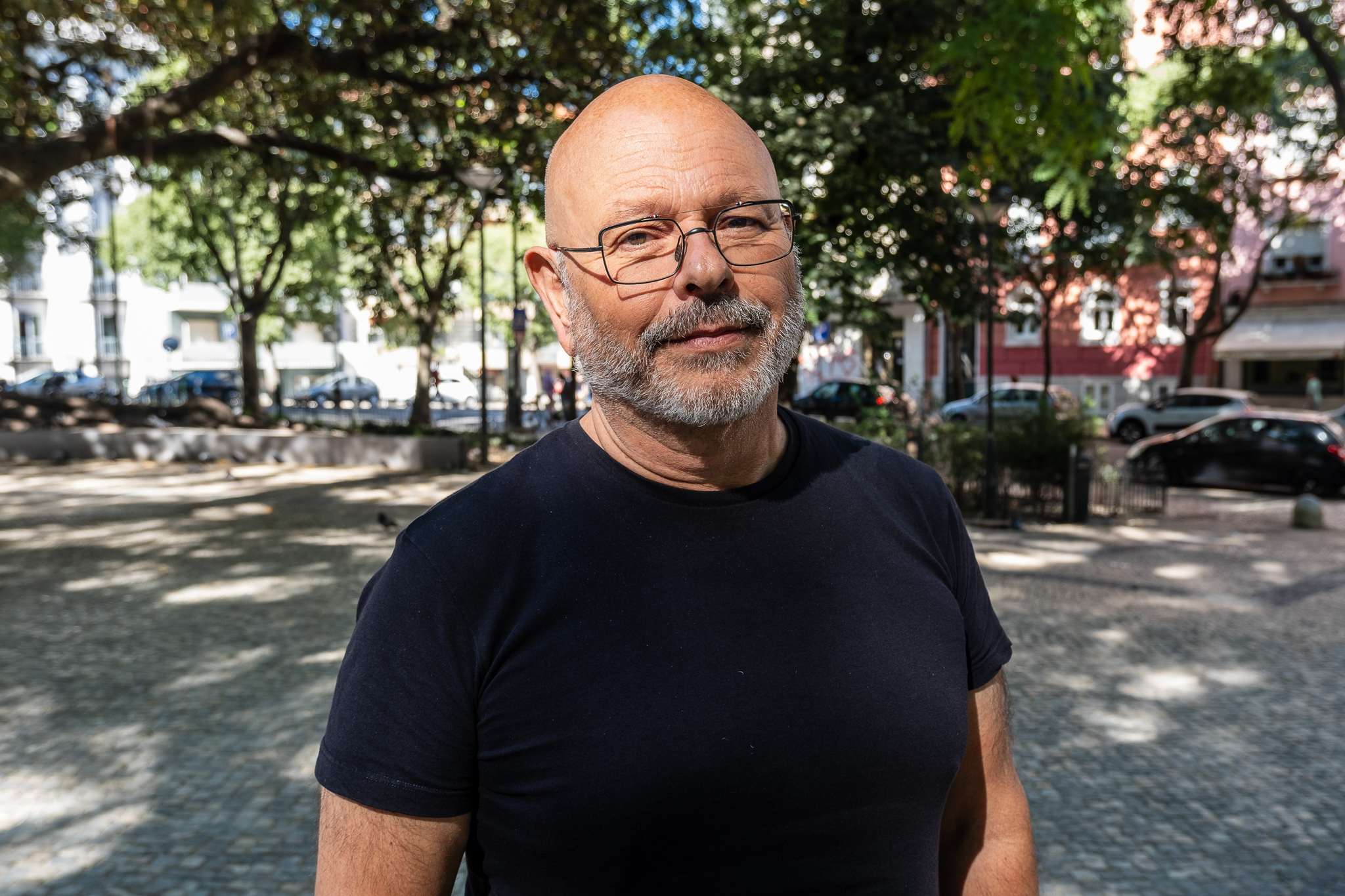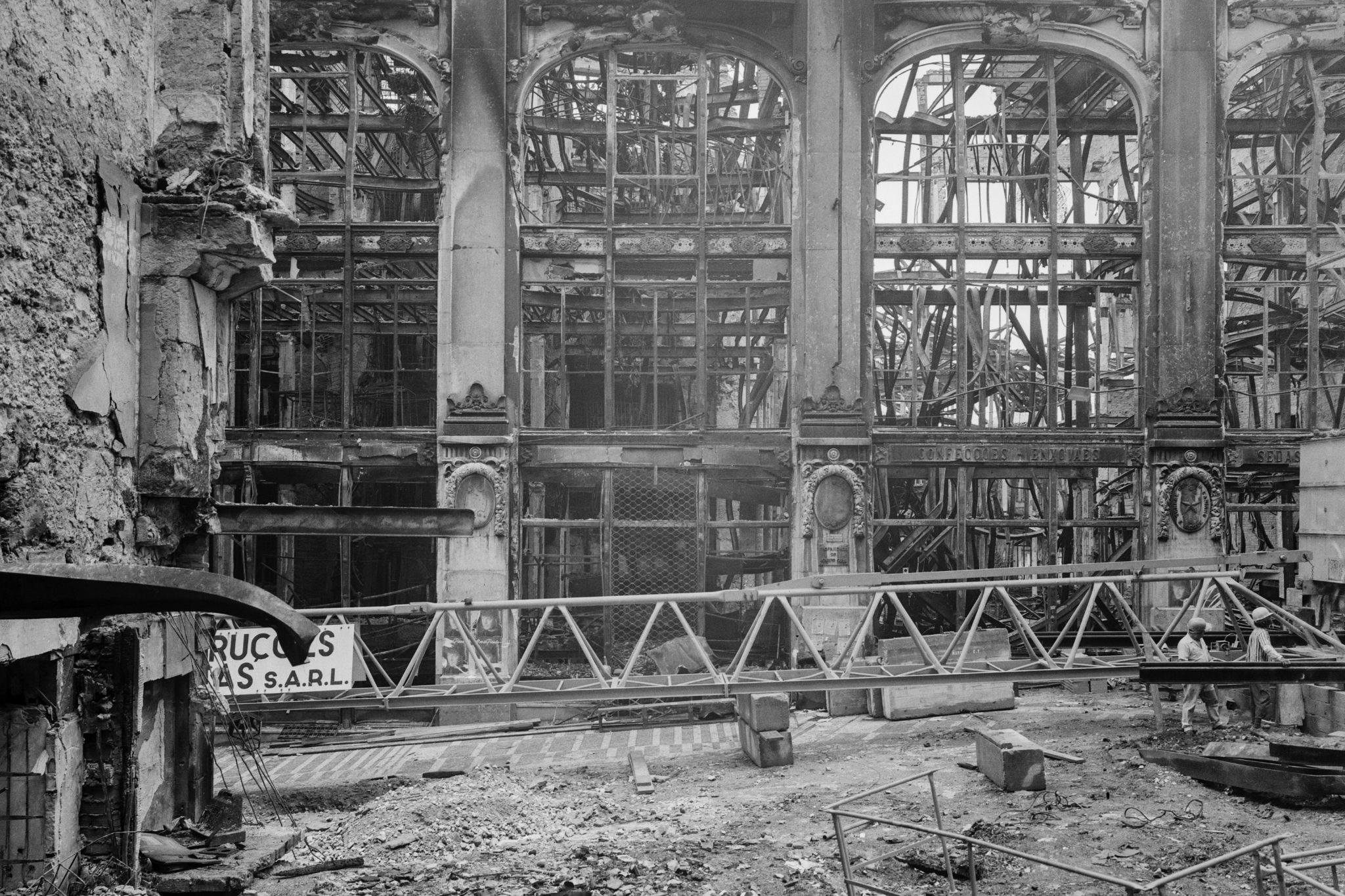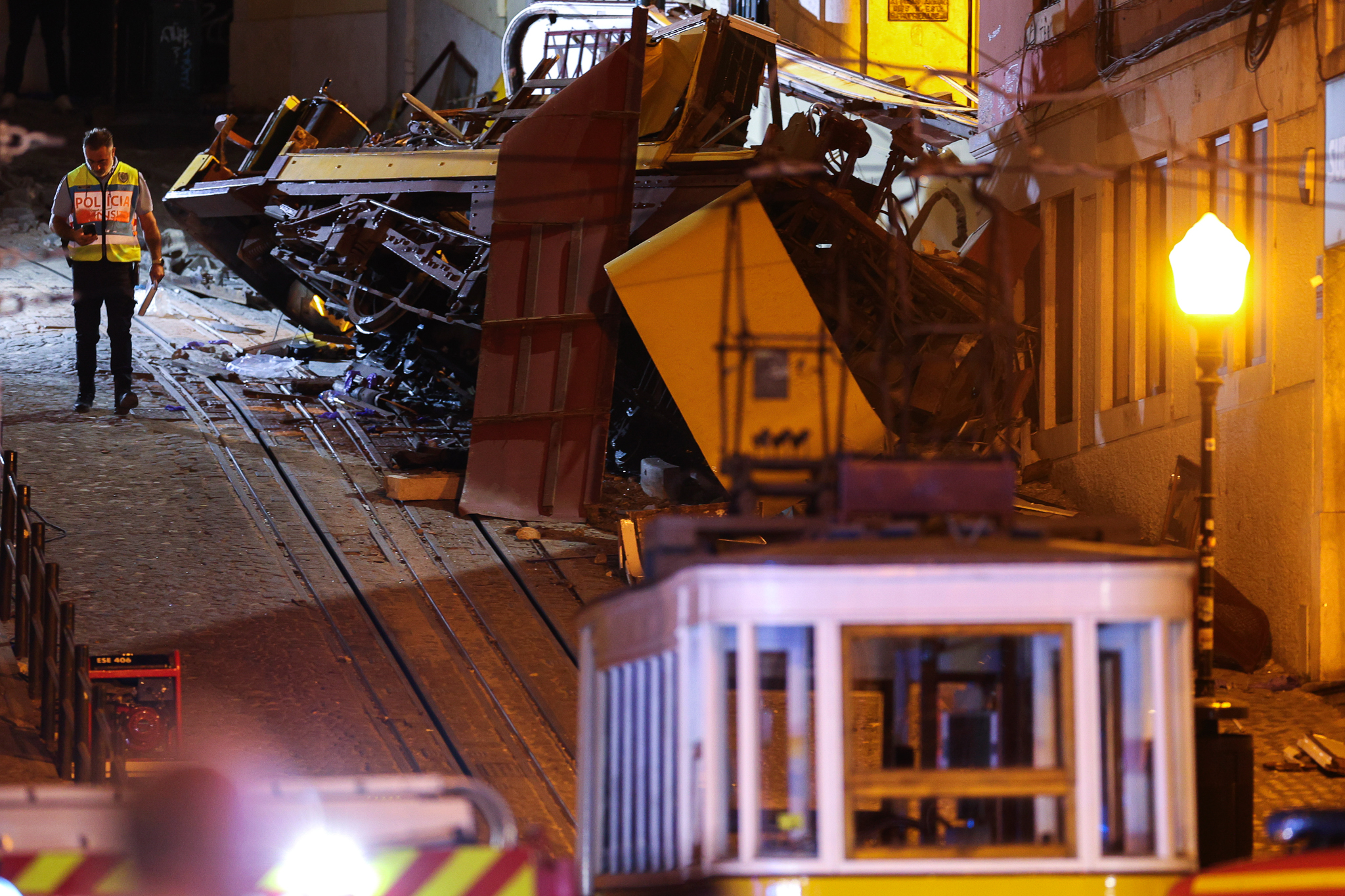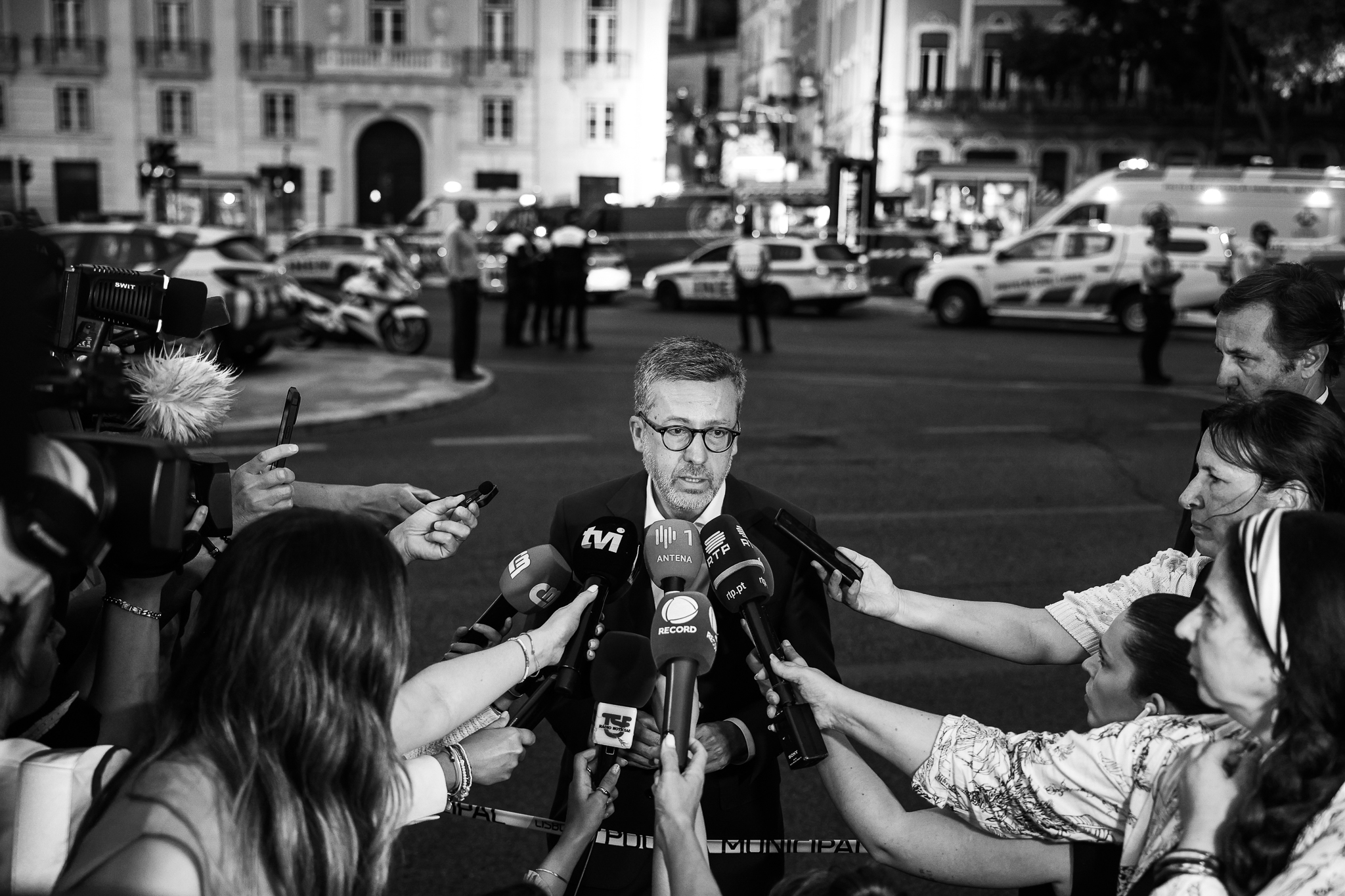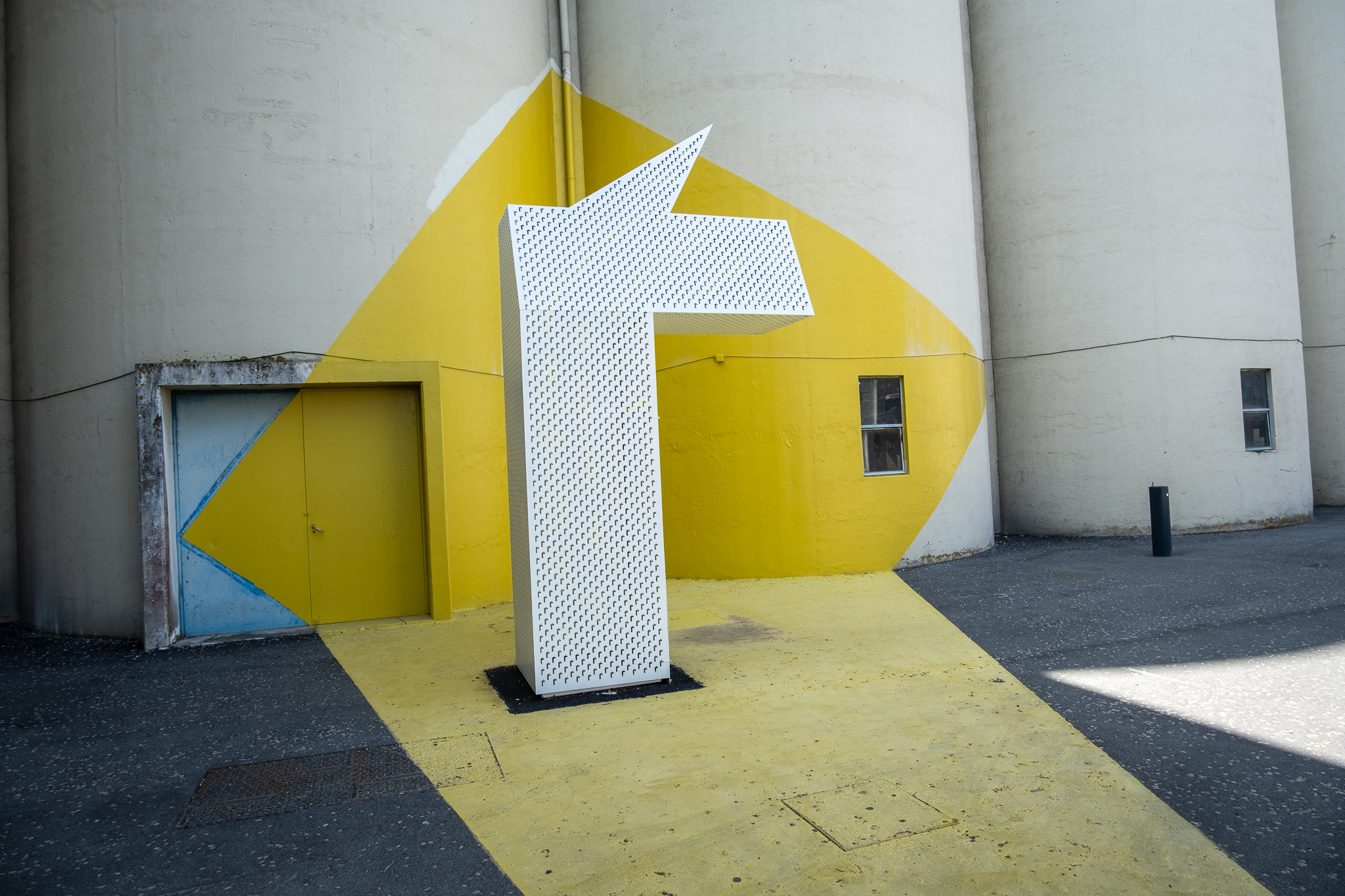The Miradouro de Santa Catarina is the second area in Lisbon with video surveillance, after Bairro Alto. This is followed by 15 more critical areas.

The Miradouro de Santa Catarina area, also known as Adamastor, now has video surveillance. Seven cameras are now in operation on an unannounced dateThe operation was announced last week. Over the course of this year and next, Lisbon City Council plans to install a further 199 cameras.
The Miradouro de Santa Catarina is the second area of the city to be covered by video surveillance, after Bairro Alto. The installation of this system is planned for a total of 16 areas of the city in the parishes of Santa Maria Maior, São Vicente and Misericórdia, namely:
- Zone 1 - Praça do Comércio
- Zone 2 - Cais das Colunas
- Zone 3 - D. Pedro IV Square
- Zone 4 - Restauradores Square
- Zone 5 - Praça da Figueira
- Zone 6 - Rua Augusta
- Zone 7 - Rua do Ouro
- Zone 8 - Rua da Prata
- Zone 9 - Rua do Comércio
- Zone 10 - Rua dos Fanqueiros
- Zone 11 - Avenida Ribeira das Naus
- Zone 12 - Cais do Sodré
- Zone 13 - Santa Apolónia in Rua Caminhos de Ferro
- Zone 14 - Santa Apolónia at Avenida Infante D. Henrique
- Zone 15 - Campo das Cebolas
- Zone 16 - Santa Catarina Viewpoint (already in operation)
According to the municipalityhad been recorded in recent years "many complaints" in the Miradouro de Santa Catarina area related to "lack of security" by residents and traders. According to Carlos Moedas, Mayor of Lisbon, speaking to the press, the installation of video surveillance will take place in central areas with a lot of tourism, but also with older residents.
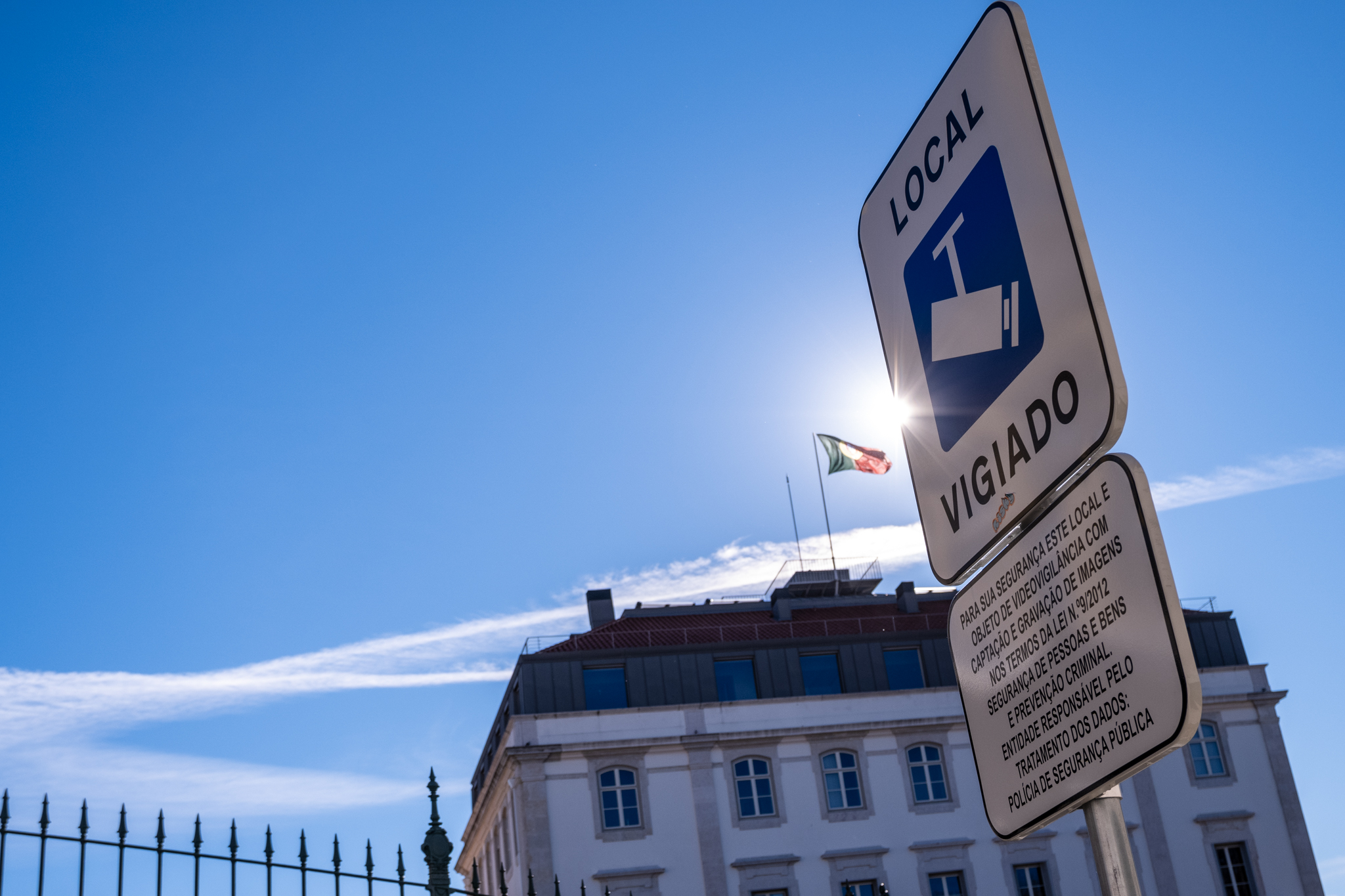
Surveillance cameras are changing social behavior and the dynamics of public space. Unlike the passage of law enforcement officers through a street, these electronic systems do not have a visible presence in the street - the cameras are there and there is signage, but they easily become invisible because they become part of the geography. In 2021, the government authorized new installations of video surveillance cameras in different cities, including Lisbon, Porto and Coimbra. In the capital, a system of this type has already been in place for several years in Bairro Alto. deterring criminal activity and helped solve small crimes, according to local residents and shopkeepers. "People don't really know where the cameras are, when they act they always run the risk of being caught and they have been from time to time. Either they look for other places [where there are no cameras] or they don't do as many risky situations as in the past"explained the then president of the Bairro Alto Residents' Association, Luís Paisana, in 2019. In Amadora, one of the cities that invested in video surveillance the earliest, the data shows that in 2019 there were 15% fewer crimes compared to 2016, when there were still no cameras in the city, and that crime increased by 7% in the parish of Alfragide - where video surveillance is only now being implemented - due to a transfer of crime.
Returning to Lisbon, the next area to have video surveillance will be Cais do Sodré, according to Moedas. It should be remembered that the 216 video surveillance cameras had been planned since the previous executive, with the system having been approved first by the National Data Protection Commission and then by the government, allowing the municipality to then contract the installation and maintenance of the cameras to the company Techwin for 92 thousand euros, as Público reports.
Medina wanted to extend video surveillance to Avenida Almirante Reis, Belém and Parque das Nações, but Moedas did not reveal whether this intention would continue, committing himself for the time being only to installing cameras in the 16 areas already approved. "The aim is to reinforce the security of people and property, to help law enforcement agencies fulfill their role of protecting and ensuring compliance with the law, focusing above all on prevention, but also on responding quickly in the event of crimes being committed."a source from the municipality told Público newspaper. The system will be permanently operated and monitored by the Lisbon Metropolitan Command of the Public Security Police (PSP).

